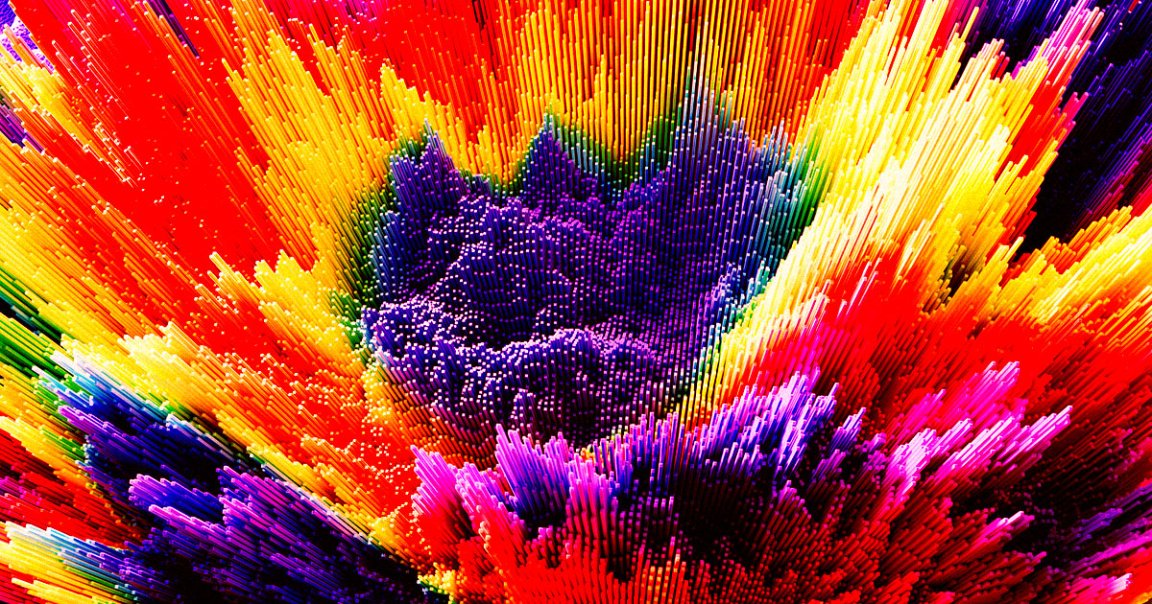
AI companies are pouring so much money into AI, experts are starting to warn that it may be propping up the entire US economy.
As investor Paul Kedrosky told the Wall Street Journal, spending on AI infrastructure has already eclipsed spending on telecom and internet infrastructure during the dot-com crisis over two decades ago, raising the specter of a massive bubble.
Kedrosky also floated the possibility that we haven’t really felt the effects of president Donald Trump’s tariffs due to the scale of current AI infrastructure spending, which may be acting as a “sort of private-sector stimulus program.”
Renaissance Macro Research head of economic research Neil Dutta also shared an astonishing statistic with the WSJ: that capital expenditures for AI have contributed more to the growth of the US economy so far this year than all of consumer spending combined.
It’s a baffling situation, and uncharted territory that could risk an even bigger rude awakening than the dot-com crash, potentially wiping out the US economy if the AI industry fails to deliver on the massive returns promised by its executive class.
For now, companies are riding a tsunami wave of AI hype, with insatiable investors pumping stocks to unprecedented heights. As tech journalist Brian Merchant pointed out in his newsletter, Blood in the Machine, Apple was the first to hit a $1 trillion valuation in 2018. A whopping nine AI companies have since joined those sky-high ranks since then, with AI chipmaker Nvidia tripling its valuation to an astronomical $4 trillion in less than a single year.
Confoundingly, companies are far from proving there will be a meaningful return on investment after all is said and done. While chatbots have become incredibly popular, they remain extremely expensive to train, run and maintain, racking up massive utility bills for AI companies.
Microsoft followed Nvidia’s footsteps last week, hitting a market valuation of $4 trillion. The company reported booming sales in its Azure cloud computing business, revealing that it’s spending a record $30 billion in capital spending in a single fiscal quarter on AI, CNN reports.
That’s great for Microsoft, but it’s essentially selling computing power to other companies trying to make a profit off AI. If they can’t manage to do that at scale — a tough ask when users are already habituated to freemium offerings like OpenAI’s ChatGPT and Anthropic’s Claude — the whole house of cards could come crashing down.
Meanwhile, AI leadership are stumbling over themselves, offering talent astronomical billion-dollar contracts to poach them from competing firms.
As the WSJ points out, the White House appears completely disinterested in regulating the industry or enforcing antitrust. Therefore, the biggest threat may come in the form of international competition. China, in particular, has emerged as a viable contender in the AI race.
Where all of this investment will lead us remains a trillions-of-dollars question. As the entire US economy is being propped up by unprecedented spending on AI infrastructure, it’s worth considering what the aftermath of an AI crash might look like — and who would emerge as the winners and losers.
And is it even a bubble at all — or a “longer-term bull market,” as Wall Street firm Citi recently described it?
The stakes are incredibly high, and the ball is in the court of AI companies, who now have the task of convincing shareholders of the benefits of AI innovation, both financially and societally.
More on AI: AI Researcher Declines $1 Billion Offer From Mark Zuckerberg